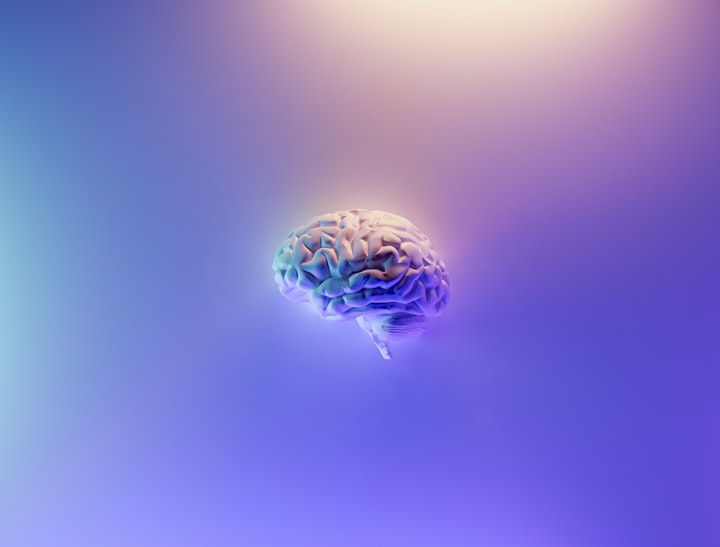
Biorhythms are a fascinating concept that have been around for several decades. They refer to the idea that our lives are influenced by cycles or rhythms that are inherent in our biological systems. These cycles are said to affect different aspects of our lives, including our physical, emotional, and intellectual states. In this article, we will explore the concept of biorhythms in more detail, including their history, how they work, and whether there is any scientific evidence to support their claims.
History of Biorhythms
The concept of biorhythms can be traced back to the early 20th century. In 1904, the German physician Wilhelm Fliess proposed that the human body has a 28-day cycle, which he believed could be used to predict a person's physical and emotional states. Fliess' ideas were later developed by Alfred Teltscher, a Czech psychologist who believed that the human body had three cycles: a 23-day cycle for physical wellbeing, a 28-day cycle for emotional wellbeing, and a 33-day cycle for intellectual wellbeing.
In the 1950s, biorhythms gained popularity in the United States, and several books were published on the subject. These books claimed that by knowing a person's birthdate, one could predict their physical, emotional, and intellectual states. Some even claimed that biorhythms could be used to predict the future or to determine the best time to make important decisions.
How Biorhythms Work
Biorhythms are based on the idea that our bodies go through cycles or rhythms that affect our physical, emotional, and intellectual states. These cycles are said to be determined by our birthdate and last for different periods of time. The physical cycle lasts for 23 days, the emotional cycle lasts for 28 days, and the intellectual cycle lasts for 33 days.
During each cycle, our bodies are said to go through different phases, depending on whether the cycle is at its peak, at its low point, or somewhere in between. For example, during the physical cycle, our bodies are said to be at their peak during the first 11 days, and at their low point during the next 11 days. During the emotional cycle, our emotions are said to be at their peak on the 14th day, and at their low point on the 21st day. During the intellectual cycle, our mental abilities are said to be at their peak on the 16th day, and at their low point on the 24th day.
Whether there is any scientific evidence to support these claims is a matter of debate. Some people believe that biorhythms are a valid way of predicting a person's physical, emotional, and intellectual states, while others dismiss the idea as pseudoscience.
Scientific Evidence for Biorhythms
Despite the claims made by proponents of biorhythms, there is little scientific evidence to support the idea that our lives are influenced by cycles or rhythms. Several studies have been conducted to test the validity of biorhythms, but the results have been inconclusive.
One study published in the journal Nature in 1973 found no evidence to support the idea that biorhythms influence a person's physical, emotional, or intellectual states. The study involved 1,500 participants and found no correlation between the participants' biorhythmic cycles and their performance on a variety of physical and mental tasks.
Another study published in the journal Personality and Individual Differences in 2001 also found no evidence to support the idea of biorhythms. The study involved 108 participants and found no correlation between their biorhythmic cycles and their self-reported physical, emotional, or intellectual states.
While these studies do not definitively prove that biorhythms
are invalid, they do cast doubt on the validity of the concept. It is important to note that the scientific method requires empirical evidence to support any claim or hypothesis. So far, the evidence for biorhythms has been inconclusive.
Critics of biorhythms argue that the concept is based on a flawed understanding of how the human body and mind work. They point out that there is no known biological mechanism that could explain how biorhythms influence a person's physical, emotional, or intellectual states. They also argue that the idea of biorhythms is based on numerology and astrology, which are not considered valid sciences.
Despite the lack of scientific evidence to support biorhythms, many people still believe in them. Proponents of biorhythms argue that the concept is a useful tool for self-reflection and self-improvement. They believe that by tracking their biorhythmic cycles, they can better understand their physical, emotional, and intellectual states and make decisions accordingly.
Some proponents of biorhythms also argue that the concept is a way of understanding the natural rhythms of life. They believe that just as the tides ebb and flow, and the seasons change, our bodies and minds also go through cycles. While this may be true to some extent, it is important to remember that these natural cycles are not the same as biorhythms.
Conclusion
Biorhythms are an interesting concept that have been around for several decades. While many people believe in them, there is little scientific evidence to support their claims. Critics argue that biorhythms are based on a flawed understanding of how the human body and mind work, and that the concept is not supported by any known biological mechanism.
While the concept of biorhythms may be intriguing, it is important to approach it with a critical eye. It is important to rely on empirical evidence and the scientific method when evaluating any claim or hypothesis. While biorhythms may be a useful tool for self-reflection and self-improvement, they should not be relied upon as a way of predicting the future or making important decisions.
Learn more about biorythms click here
About the Creator
David Hill
Passionate blogger and health advocate.





Comments
There are no comments for this story
Be the first to respond and start the conversation.